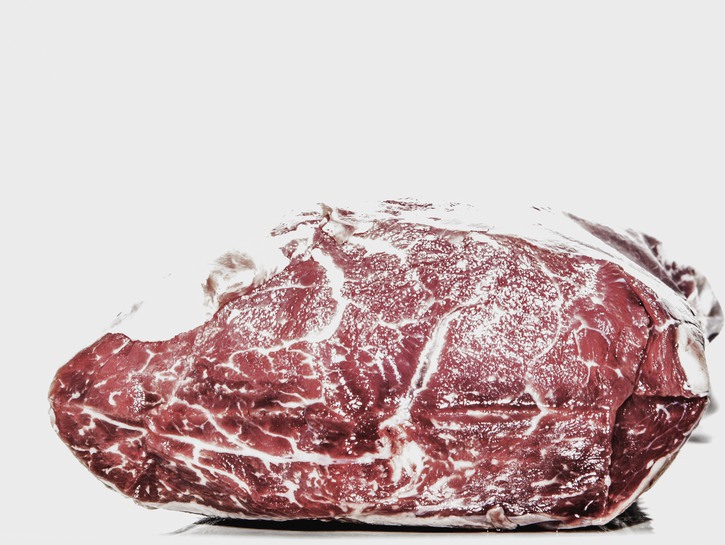Protein is one of the basic building blocks of the body and helps us create a strong foundation in our muscles. Though protein is often associated with meat, that isn’t the only way to absorb vital nutrient. Other types of protein include fish, poultry, beans, nuts, eggs, and seeds. Though many diets often tout the health benefits of protein while cutting carbs as a means for weight loss, carbohydrates and fats are also vital for helping to maintain fullness within the body. When paired with protein, your body is able to fully function and is able to repair damaged tissue more effectively. Though protein in its leanest form is most healthy, too much can have adverse effects on the body, leading to symptoms such as weight gain, constipation, bad breath, diarrhea, dehydration, and even can even put you at an increased risk for heart disease.
How Excessive Protein Impacts Your Heart

Protein comes in a variety of forms that includes meat, vegetables, or even dairy. After you ingest protein, the process of it being broken down to be used as fuel starts with the gut. Enzymes that break down protein also turn some of its molecules into amino acids, which are then stored by the gallbladder until it is needed by the body. When the amino acids are ready for use, they are absorbed through the small intestines and into the bloodstream to be absorbed by the body with the help of cholesterol, which stems from the breakdown of proteins. Once these amino acids penetrate the veins, they are then carried to various parts of the body, particularly cells that need repairing. With excessive protein consumption, cholesterol can build up. Then artery blockage occurs, which can lead to a heart attack. Your body cannot produce its own amino acids, which is why protein is important for your everyday health and can easily be obtained each day within your meals. But that excessive protein consumption can be truly dangerous, and the negative effects don’t just stop at your heart!
Side Effects of Too Much Protein

Though a diet of a moderate amount of daily protein is helpful to keep the body running, your recommended dietary allowance (RDA) should include approximately 0.8 grams of protein per kilogram of body weight and can be measured by calculating by your own individual measurements. While too little protein can lead to symptoms such as edema, hair, skin, and nail issues, the onset of infections, as well as stunted growth, too much can lead to excessive weight gain, kidney damage, increased cancer risk, and calcium loss. Though these vary by the individual, keep in mind that athletes, bodybuilders, and trainer require more protein in their diets than the average individual in order to build muscle mass.
Rich Sources of Protein

Whether you are a meat eater, vegan, or a vegetarian, the best sources of protein are included in some plant-based varieties, such as quinoa and rice (with beans), potatoes, vegetables, such as kale and broccoli, and even peanut butter and Ezekiel bread, just to name a few. However, if you still choose to eat meat, lean proteins such as fish, poultry, and the portion occasional red meat are options to consider to add variety to your meals. Meats are complete sources of protein, similar to the protein found in your body, as opposed to the plant-based varieties. If you opt for a vegan or vegetarian lifestyle, you can obtain a complete protein by combining a variety of foods to get the 9 essential amino acids that your body needs.
How To Scale Back On Protein

Sometimes lowering your protein intake may be advised by a doctor due to decreasing kidney function or elevated cholesterol. Because proteins are essential to the body, you may still consume them, but just in smaller portions. For example, instead of an entire boiled egg, you may choose to only eat the egg yolk. Additionally, adding a variety of fruits and vegetables to your diet can also help you feel fuller longer, due to their high fiber content, which can also decrease your cravings for protein. High protein vegetables such as broccoli or kale are also good options to consider to get the recommended amount of vitamins and minerals into your diet. Additionally, eating whole grains and pasta are also great alternative ways to absorb protein that will provide you with energy and enable you to experiment with healthier options to incorporate into your diet. Grains, fruits, and vegetables can all be mixed and matched to create a rich source of protein that will replenish you and provide more variety into your meals.
Protein is a basic need of the body, but too much can lead to negative effects. Keep your heart healthy by keeping these very important dietary tips in mind.
